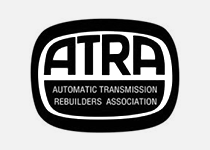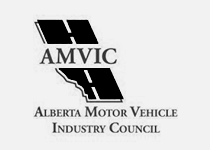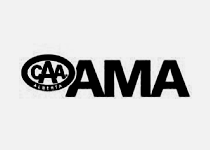If you’re considering buying a new vehicle, one thing you may notice on the spec sheets is the CVT (continuously variable transmission) option. They are advertised for offering a smoother ride, improved fuel economy and more, but are they really worth it? The answer is not simple; take a moment to evaluate the pros and cons and learn how those will affect your driving experience.
HOW DO CVTS WORK?
CVTs are automatic transmissions that use two pulleys connected by a steel band, with the diameter of one of the pulleys continually adjusted as needed to provide the optimum gear. Regular automatic transmissions have fixed gears and cannot provide a gear ratio to transfer power adequately to the vehicle’s tires.
CVT PROS & CONS TO CONSIDER
CVTs can feel a little odd while driving. You will notice as you drive that your RPMs fluctuate significantly and even more so while accelerating. Yet, compared to the automatic or manual transmission option, a CVT can be quite smooth despite these fluctuations.
There are some pros and cons to consider before you dive into buying a vehicle with this type of transmission:
- Pro: Fuel Efficiency – Most newer model vehicles are being sold with a CVT due to their efficiency. Most of the vehicles on the market today with superior fuel economy have CVTs; such as Nissan, Toyota and Honda vehicles.
- Pro: No Problems Uphill – Unlike manual and automatic transmissions, CVTs have no struggles cruising up hills. They provide excellent power while seamlessly shifting gears and you won’t even notice.
- Pro: Cheaper to Manufacture – Surprisingly, CVTs are cheaper to manufacture because they are built using fewer components compared to traditional transmissions. This savings is then passed on to consumers who buy vehicles with a CVT.
- Pro: No Wasted Power – The transmission’s acceleration stays in the right spot, which minimizes wasted power and improves fuel economy.
- Pro: Smooth Ratio Changes – Unlike automatic transmissions, which can jerk when they are trying to find the right ratio, CVTs provide smooth and stepless ratio changes.
- Con: Added Miles – CVTs tend to add more miles to the odometer and this calls into question their reliability in the long run. After all, replacing or repairing a transmission can be costly and no vehicle owner wants to endure that cost too soon or too often.
- Con: CVTs Are Louder – Compared to manual and automatic transmissions, CVTs are louder. They hold high revs and it will take time for an owner to get used to the extra noise.
- Con: Not as Fast – When it comes to speed, CVTs are not as quick to accelerate as manual transmissions or regular automatic transmissions.
- Reparability: In many cases, manufacturer support of parts makes it difficult and in some cases impossible to repair these transmissions.
HAVE YOUR CVT SERVICED AT A TRUSTED TRANSMISSION SHOP IN CALGARY
Not all transmission shops in Calgary are equipped to handle CVTs. If your vehicle has a CVT, it is important that you keep up with the manufacturer’s required maintenance schedule. The team at National Transmission understands these new types of transmission technologies. We can help you maintain or even repair your vehicle’s continuously variable transmission (CVT) in Calgary and surrounding areas, so that you maximize fuel economy and your investment.
Schedule your conversion appointment or call us for more information at one of our five convenient locations. You can also ask a question online by sending an email to one of our locations and our friendly, knowledgeable team will be happy to help you.





